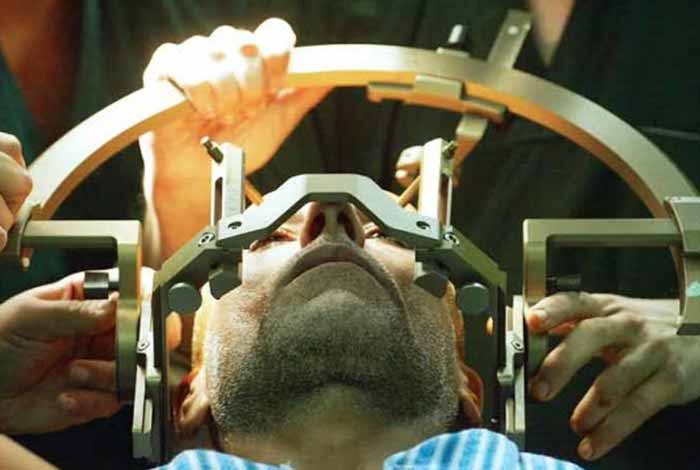
Deep Brain Stimulation Can Reduce Fatigue in Patients with Multiple Sclerosis

Around 90% of multiple sclerosis (MS) patients suffer from fatigue. Fatigue is one of the most troublesome symptoms in MS patients. They have to give up their careers due to fatigue. It can also drastically hamper their social life. There are no licensed pharmaceutical treatments available to cure fatigue in MS patients. Moreover, deep transcranial magnetic stimulation (dTMS) has been long used to treat several psychiatric and neurological disorders.
Dr. Friedemann Paul, professor at the NeuroCure Clinical Research Center (NCRC), Berlin, Germany, led this research. The researchers used a H-coil technology that produces three times the effects of a standard transcranial magnetic stimulation (TMS). This technology provides significant improvements in MS-associated fatigue.
The research included 33 participants. The researchers assessed the severity of the participants’ condition by using a Fatigue Severity Scale (FSS) and a standardized questionnaire. These participants experienced fatigue due to MS. They received three dTMS sessions per week for six weeks. These participants got a H-coil placed over their heads that produced a magnetic field. The neural brain circuits and the nerve activities were influenced by this magnetic field produced by the H-coil. While a control group of participants received a relatively ineffective treatment.
Dr. Paul revealed that there were no major side effects of using this noninvasive magnetic stimulation treatment. The H-coil used in the study was specially designed for this study. This H-coil allows the targeted stimulation of the areas in the brain that are specifically linked with MS related fatigue.
The research will be conducted on a larger group of participants very soon. This will allow to test the efficiency of the treatment and will highlight the benefits of dTMS in reducing fatigue symptoms due to Multiple Sclerosis. The research will pave way for implementing dTMS to treat fatigue in MS patients during routine clinical treatment.




